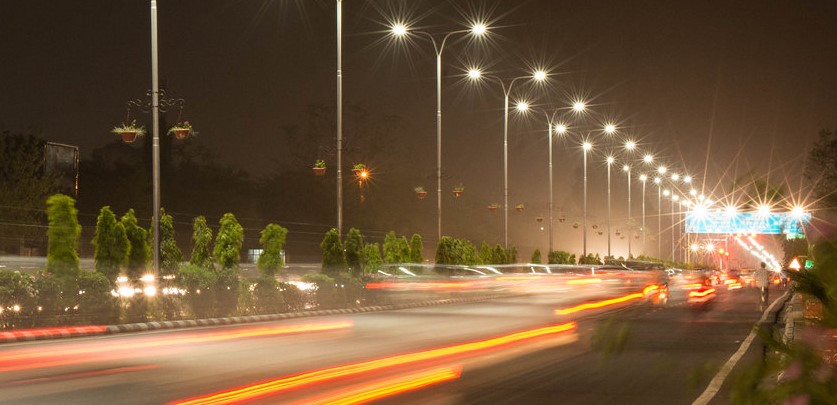
Read the Report Here.
Over the next 13 years, Feira de Santana, in the state of Bahia (BA), and Aracaju, in the state of Sergipe (SE) will both benefit from significant investments in street lighting. Several studies have discussed the many benefits of this type of investment, including the effects of street lighting on people’s perceptions of safety and security. This study aims to provide a baseline to support those lighting interventions and contribute to an evaluation exercise at the end of the investment cycle.
The analysis contained herein tries to explore the potential impacts on people’s behavior and perceptions of safety and security, especially among women. It also addresses education and job opportunities.
People from both cities feel less safe while walking on the streets during nighttime hours as opposed to walking during the day. Data also show that women feel less safe than men both during the day and in the evening or night. Poor lighting is one of the main reasons for this sense of insecurity, although empty streets were mentioned as an even more important factor. Since perceptions of security directly affect people’s behavior, 32 percent of all respondents from both cities reported that they always change routes in search of better lighting.
There is a clear difference between genders with regard to perceived security. In-depth interview responses and quantitative data suggest that women have to cope more often with insecurity than men because they also fear becoming a victim of specific types of crimes, such as sexual harassment or rape. Women living in the periphery tend to be even more strongly affected by this perception of insecurity, which confirms that urban security issues do not affect all women equally. Gender inequality intersects with other forms of discrimination and disadvantage, such as age, disability, sex, ethnicity, religion, socioeconomic status, and other factors. These may increase the risk, severity or frequency of sexual harassment and other forms of sexual violence against women and girls, both in private and public spaces.











